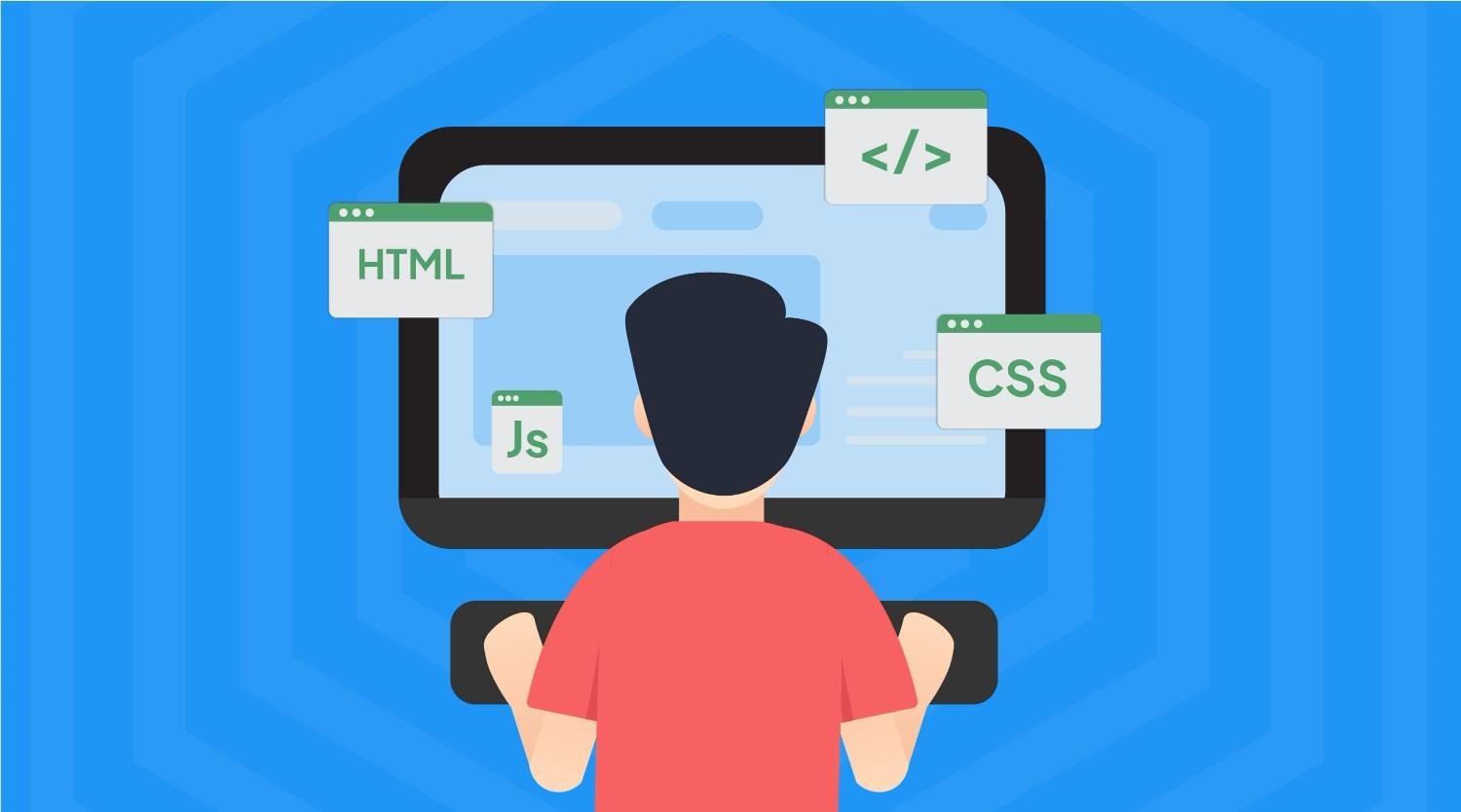In today’s fast-evolving digital world, having a website that is optimized, responsive, and high-performing isn’t just a nice-to-have—it’s essential. As companies increasingly move online, the need for skilled web developers who can deliver fast, interactive applications grows rapidly. If your business aims to build a robust, scalable web app, hiring a Next.js developer could be the game-changer you need. Next.js, a powerful framework built on React, is renowned for its server-side rendering (SSR) and static site generation (SSG) features. This blog delves into why hiring a Next.js developer can elevate your project, what skills to look for, and how Next.js stands out as a solid choice for businesses seeking to optimize their online presence.
Why Next.js is Perfect for Building Modern Web Applications
Next.js builds on the power of React and simplifies various technical elements that can enhance your app’s functionality and performance. Here’s why it has become a popular choice among developers and business owners:
- Exceptional Performance: With Next.js’s SSR and SSG capabilities, pages load faster and more efficiently, providing an optimal user experience that minimizes bounce rates and improves retention.
- Optimized SEO Capabilities: Enhanced SEO through server-side rendering helps your content rank more effectively, enabling search engines to crawl and index pages seamlessly.
- Smooth User Experience: The component-driven structure, paired with pre-rendering, supports effortless navigation and ensures an intuitive interface for users.
- Scalability: As your business evolves, so can your Next.js application. Its design allows for easy integration of new features or services, providing consistency and maintaining performance.
With these qualities, Next.js helps businesses create a user-friendly experience that converts visitors into customers.
Key Skills to Look for in a Next.js Developer
Hiring a Next.js developer with the right skills is crucial to achieving your project goals. Here are the core technical abilities to look for:
- Expertise in JavaScript and ES6: JavaScript is the foundation of both React and Next.js, so strong proficiency in ES6 is vital for efficient, clean code.
- Strong Understanding of React: Since Next.js is built on React, an experienced developer should be adept in components, state management, and React hooks.
- Experience with SSR and SSG: Next.js’s standout SSR and SSG features require a knowledgeable developer who can implement these optimizations effectively.
- Proficiency in HTML and CSS: A solid understanding of HTML and CSS enables the creation of well-structured, visually appealing applications. Familiarity with CSS-in-JS libraries, like Styled-Components or Emotion, is also helpful.
- Experience with APIs: Most Next.js applications rely on RESTful or GraphQL APIs, so a background in API integration is essential.
- Version Control: Proficiency with Git and other version control tools is important for maintaining a smooth development process.
- Debugging and Testing Expertise: Testing skills ensure that applications function seamlessly across devices. Familiarity with tools like Jest and Cypress is beneficial.
These abilities are the foundation of an effective, well-rounded Next.js developer, helping to build an application that meets your project requirements.
Why Hire a Dedicated Next.js Developer?
Engaging a dedicated Next.js developer offers numerous advantages, setting your project up for success. Here are some of the benefits:
- Custom Solutions to Match Your Needs: A dedicated developer crafts solutions tailored to your project’s unique needs, ensuring every feature aligns with your vision.
- Focused Project Execution: With a dedicated developer, your project receives undivided attention, leading to faster and more efficient development.
- Quick Troubleshooting: A developer dedicated to your project is readily available to address changes or resolve issues as they arise.
- Long-Term Cost Savings: While hiring a dedicated developer might have a higher initial cost, it saves on future expenses by minimizing technical debt and ensuring consistent updates.
- Advanced Expertise: An experienced developer brings skill in SSR, SSG, and API integration, enabling the creation of feature-rich applications with optimal performance.
These benefits make hiring a Next.js developer a valuable investment, especially for projects that prioritize scalability, speed, and customized features.
Best Practices Followed by Next.js Developers
Skilled Next.js developers adhere to best practices to deliver reliable, efficient applications. Here’s a look at some of the core strategies they follow:
- Modular Architecture: Breaking code into modular components makes it easier to manage, debug, and scale, especially in large applications.
- Code Splitting and Lazy Loading: By loading only essential code initially, these techniques reduce load times, ensuring optimal performance for users.
- Image and Media Optimization: Next.js’s Image component allows for media to be automatically optimized, creating faster loading and a smoother user experience.
- Effective State Management: Libraries like Redux or Zustand organize data effectively, which is especially beneficial in dynamic applications.
- Regular Refactoring: To keep code optimized and aligned with best practices, Next.js developers routinely refactor their code.
- Comprehensive Testing: Testing applications across devices and browsers identifies potential issues early, ensuring smooth functionality.
By following these methods, developers produce applications that are robust, high-performing, and user-friendly.
Tips for Planning Your Project with a Next.js Developer
A well-structured project plan is essential for successful outcomes when working with a Next.js developer. Here are some practical steps:
- Define Clear Goals: Start with specific, measurable goals to guide your developer and keep the project focused.
- Establish a Realistic Timeline: Create a timeline with achievable milestones to ensure consistent progress and on-time delivery.
- Maintain Open Communication: Regular check-ins and progress updates help manage expectations and address any potential changes.
- Use Collaborative Tools: Tools like Trello, Asana, or JIRA streamline task tracking and project management.
- Stay Receptive to Feedback: Developers often have insights that could enhance your project; keeping an open mind to suggestions can lead to better results.
With a thoughtful project plan, you can achieve a streamlined development process with clear timelines and deliverables.
Conclusion: Elevate Your Business with a Skilled Next.js Developer
Hiring a skilled Next.js developer can significantly impact your business’s digital presence. With the right technical knowledge and expertise, a Next.js developer builds applications that are fast, user-friendly, and optimized for search engines. In a landscape where high-performance web applications are essential for competitive success, a Next.js developer is a valuable asset. Their ability to implement custom solutions, advanced optimizations, and scalable features provides a strong foundation for your business’s growth and customer satisfaction.
If you’re ready to create an application that captures users’ attention and drives engagement, now is the ideal time to bring a Next.js developer onto your team. Look for someone who understands your vision and can turn it into a high-quality, high-performance product.
Whether your business is in its early stages or well-established, a skilled Next.js developer can help you meet and exceed industry standards, positioning your business as a leader in web performance and user experience.
Read More : Importance of Hospital Patient Bed Size



